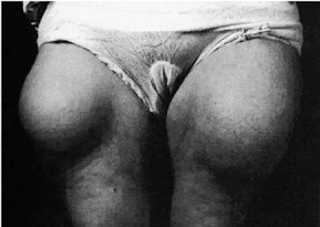Is fructose making us fat? Apparently the answer is no if you get your fructose in the form of candy! Thanks to MM for sending me this paper. Candy consumption was not associated with body weight measures, risk factors for cardiovascular disease, or metabolic syndrome in US adults: NHANES 1999-2004 For the purposes of this study, candies were defined as follows: Sugar candy consists of sugar in crystalline form or semisolid (amorphous) forms with other ingredients including flavors and colors; examples include peppermint, lollipops, licorice, and gum drops. Chocolate candy is a mixture of processed cacao, cocoa butter, and sugar and often contains other ingredients, including milk, fruit, nuts, and caramels. This group analyzed 3 sets of NHANES data to look at candy consumption defined as: Candy consumers were defined as those participants consuming any amounts of candy/confection except gum and were placed in 1of 3 overlappin...



